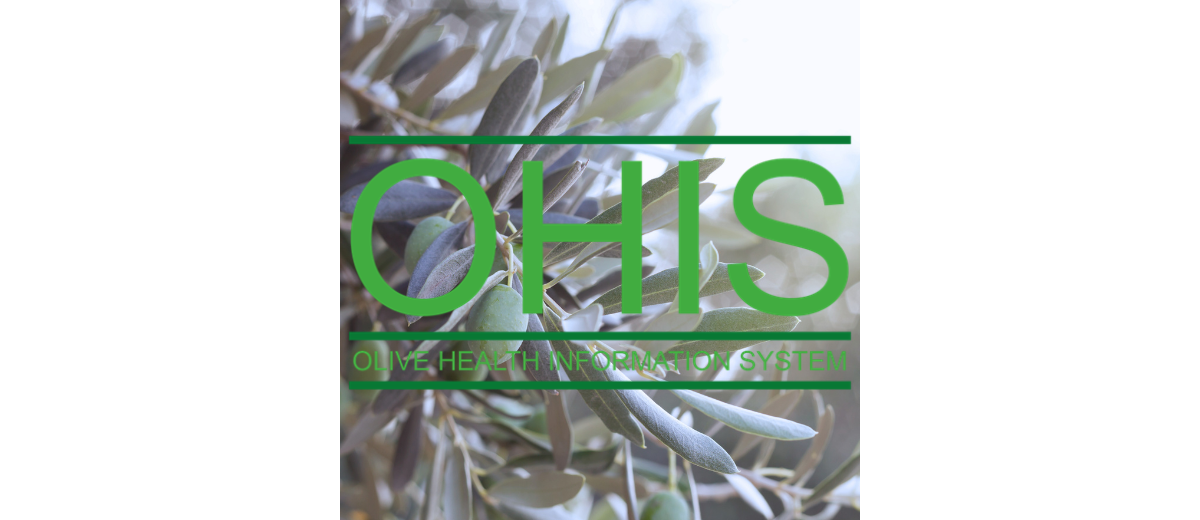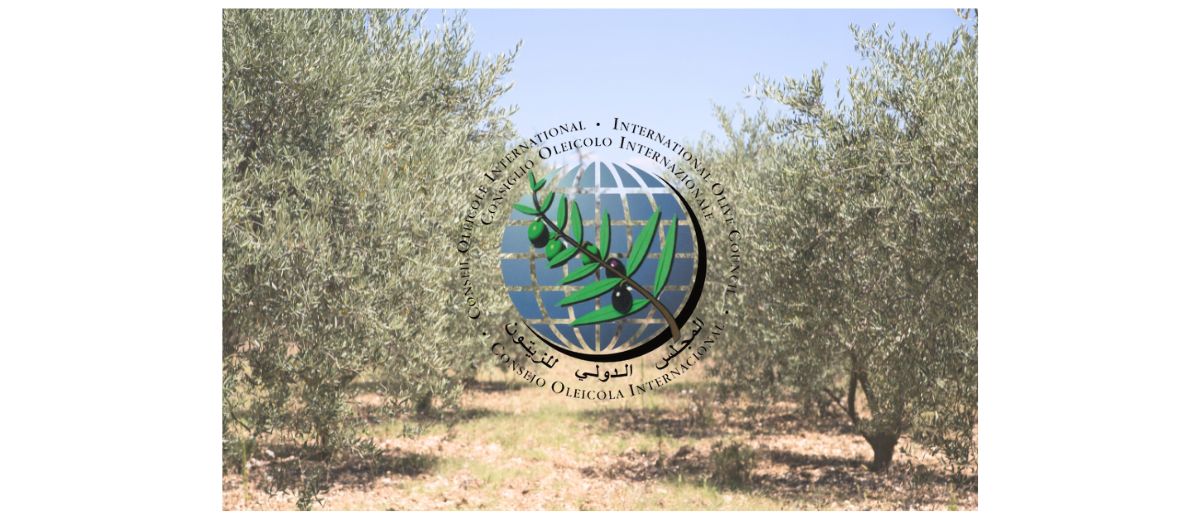The Olive Health Information System website
The newsletter of the University of Navarra and the IOC dedicated to health
Olive oil, the main source of lipid energy in the Mediterranean diet (MD), is known for its beneficial cardiovascular effects. Experimental studies on APOE-deficient mice (a model of accelerated atherosclerosis) have demonstrated its beneficial effects on coronary artery disease. This week, we spotlight a basic research study that evaluated the effect of spreadable virgin olive oil (S-VO) on the development of atheroma plaques in a model of accelerated atherosclerosis, compared to butter. Researchers used two isocaloric Western diets containing 20% fat, either S-VO or butter, to feed two-month-old APOE-deficient mice. After 12 weeks, plasma cholesterol, triglycerides, fatty acid profile, atherosclerotic lesions and hepatic lipid droplets were assessed. Mice on the butter-supplemented diet had higher total cholesterol while mice on the S-VO diet had a lower triglycerides/HDL cholesterol ratio (only in males). No differences in hepatic lipid droplets were found between the diets. Higher aortic lesion areas were observed in mice on the butter-supplemented diet. In conclusion, S-VO may delay atheroma plaque progression compared to butter.
Switching to a different topic, past research has shown that consuming Extra Virgin Olive Oil (EVOO) can positively influence body composition by increasing lean mass and decreasing body fat. Moreover, the consumption of EVOO rich in oleic acid might affect breast cancer risk and the oleic acid content of breast milk. In a randomized clinical trial (RCT) published this week, the effect of EVOO consumption on the fat mass and fat-free mass of breastfeeding mothers with children aged 0-24 months in Makassar City was evaluated. The participants were divided into two groups: the intervention group (EVOO and nutrition education) and the control group (nutrition education). Researchers did not find any significant changes in body composition after EVOO intervention in breastfeeding mothers 0-24 months compared to the control group. The absence of significant results could be explained by the short duration of the intervention (28 days) and the low dose of olive oil administered (20ml).
Click HERE to see the latest posts…










